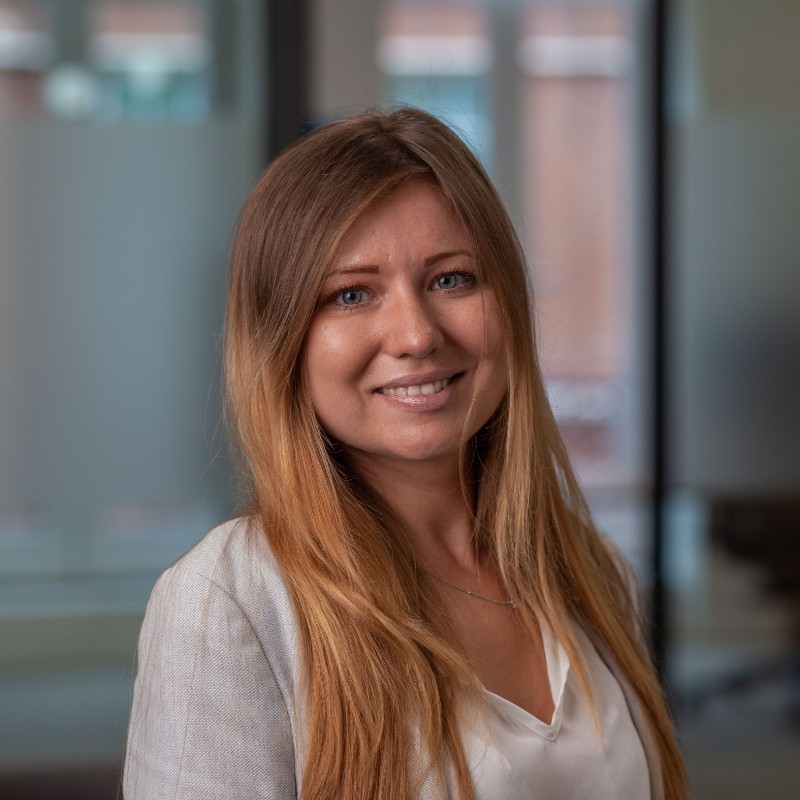
Today, I am writing about an exchange I had with a TMT analyst in London. Thank you to Zoé Lintz for her availability and her exhaustive answers!
Could you please describe what are you doing at JP Morgan as a TMT analyst?
In a large corporate bank such as JP Morgan, the daily environment is significantly different from what I experienced before in smaller M&A banks. Don’t forget that there is no “normal day” in M&A which is exactly what I was looking for. Each day differs depending on ongoing projects, clients demands or deliverables. We can perfectly get up thinking we’ll have a relatively calm day and finally be a stimulating one because of last-minute demand from a client who wants a special document or a new valorisation! Hence describing typical tasks is challenging but to give you an overview, I’ll tell you some typical tasks for an analyst:
- Production of marketing documents such as pitches for prospects or information memorandum for potential investors
- Associated tasks to fill in such documents: looking for information on companies through broker notes, press or specialized corporate finance websites
- Performing financial analysis to build a financial model to value a business. We usually rely on financial projections given by the management team and/or reports from financial advisors that we challenge through different scenarii. We also use different valorisation methods to come up with what we think is the fair value of a business while explaining each hypothesis we retained.
I am highly satisfied with my choice because of the fulfilling and challenging environment I found here. Besides working with people with different cultural backgrounds is particularly thriving. I can always rely on my colleagues when I need some help and have never felt angriness. I appreciate the fact that the seniors know that as an analyst you have still a lot of things to learn, they are highly supportive! This is necessary to be able to work long hours.
Could you please explain why you chose JP Morgan?
After working for small structures, I wanted to try working for a bigger team. I thought this environment would be a springboard for the beginning of my career. Working in a team of 70+ people is radically different and teaches me a lot about relationship skills. The growth and the deal flow of the TMT team of JP Morgan also played a major role in my decision to join. I wanted to begin in London because I was looking for a more international environment that what we can find in Paris to learn other way of thinking while improving my English skills. Finally, London remains the core of the European M&A industry with the strategic offices of all major players as well as the most powerful investment funds. Thus, this city represents the place to be to quickly learn about finance and offers numerous opportunities to pursue a career in corporate finance.
Why were you interested in finance in the first place?
In 2013, I joined Sciences Po Strasbourg to become a journalist. This was after my exchange in the US that I began to be interested in finance. Hence, I joined the investment club at my university to learn more about it. I also did an internship in a small banking structure and realized that corporate finance is highly related to the news and offers the opportunity to learn about a large variety of sectors. I chose to specialize in media and technologies to develop a thorough understanding of this sector which gave a double competence in finance and technologies. I also like the technical side of corporate finance that relies upon concrete concepts. Indeed, we use mathematical models to forecast revenue and value a company,which has concrete impacts on the ongoing operation.
Have you experienced some difficulties at the beginning of your career?
Of course! But everybody does, it is the way you cope with difficulties that will shape the future of your career. For me, finding an M&A internship was extremely difficult because I didn’t come from target schools. I experienced numerous refusals and made a lot of efforts to secure an internship. I eventually was successful thanks to work and motivation. Indeed, you should be technically perfect for interviews and are ready to convince your interviewer that you really want to work in finance! This implies a lot of training and the best way to be fully prepared is to multiply the interviews.
Have you some advice for our readers?
Several ones. Do not hesitate to do different internships to find which position match your expectations. I did several internships before knowing what I really want to do. I learnt different aspects of finance but also to better know myself. We are continuously evolving; thus, it is important to be able to question ourselves about what motivates us and what we want about our careers!
Then, do not give up against difficulties such as I am not able to do that … I didn’t have the right education … Finance is not for me … There are a lot of misjudgements about finance. In addition, a similar place could be painful for somebody and thriving for another. Thus, you should go and see by yourself to make your mind.
Do not give up after a failure. You should create your opportunities by founding a club or organizing events to progressively build the right profile for the position that you dream of.
My last advice will be to speak with as many people as you can to better learn about finance and expand your professional network. This will really help your career!
Portrait produced in July 2020 by Maude Culis-Féry, ESSEC Student and M&A Intern at BNP Paribas.
